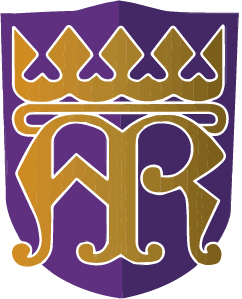PCC
Parochial Church Council (PCC)
In the long history of the Church of England, the Parochial Church Council is a relatively recent invention. Until the early years of the 20th century the administration and finances of a parish were the legal responsibility of the incumbent and the churchwardens. The members of congregations had little say in the running of the church except in electing the churchwardens. Parochial Church Councils were first given legal status in 1919. Since then a number of Acts have defined and refined the composition, functions and rights and responsibilities of the PCC. Currently the rules governing the PCC are set out in the Church Representation Rules (CRR) 2006 which form part of the Synodical Government Measure 1969.
The PCC is a corporate body, a separate legal entity, and is therefore separate from the members of the PCC. For that reason, changes in the membership of the PCC should not result in any changes to contracts etc. entered into by previous members because it is the PCC, as a legal entity in its own right, which has entered into contracts. Another consequence is that individual PCC members should not become personally responsible for the liabilities of the PCC. The PCC is a charity by virtue of its objectives, which are basically the advancement of religion and the making of provision for public worship, and the members of the PCC are the trustees of the charity.
Full details of the Wymondham Abbey PCC along with all the current trustees and history of accounts can be found here on the Charity Commission register.
Document library
2024
Minutes PCC 20241111 TBA
Minutes PCC 20240926 TBA
Minutes PCC 20240708
Minutes PCC 20240521
Minutes PCC 20240407 Extraordinary meeting
Minutes PCC 20240320
Minutes PCC 20240108
2023
APCM agenda and reports Year ending 2023
Minutes PCC 20231115
Minutes PCC 20230920
Minutes PCC 20230719
Minutes PCC 20230516
Minutes PCC 20230313
Minutes PCC 20230301
Minutes PCC 20230125
2022
APCM agenda and reports Year ending 2022
Minutes PCC 20221205
Minutes PCC 20221031

